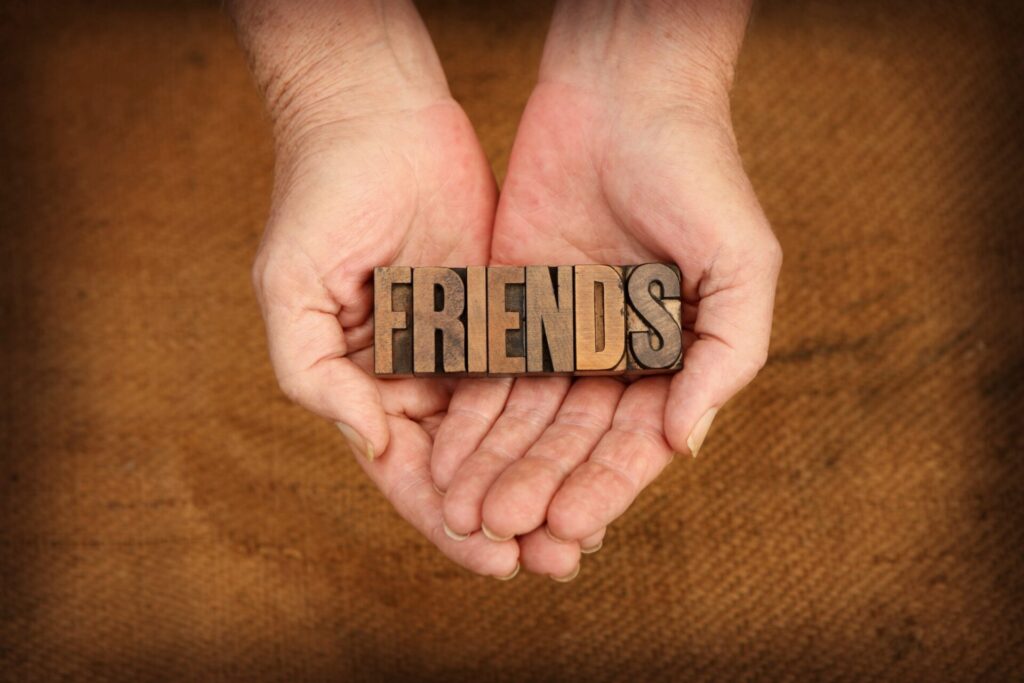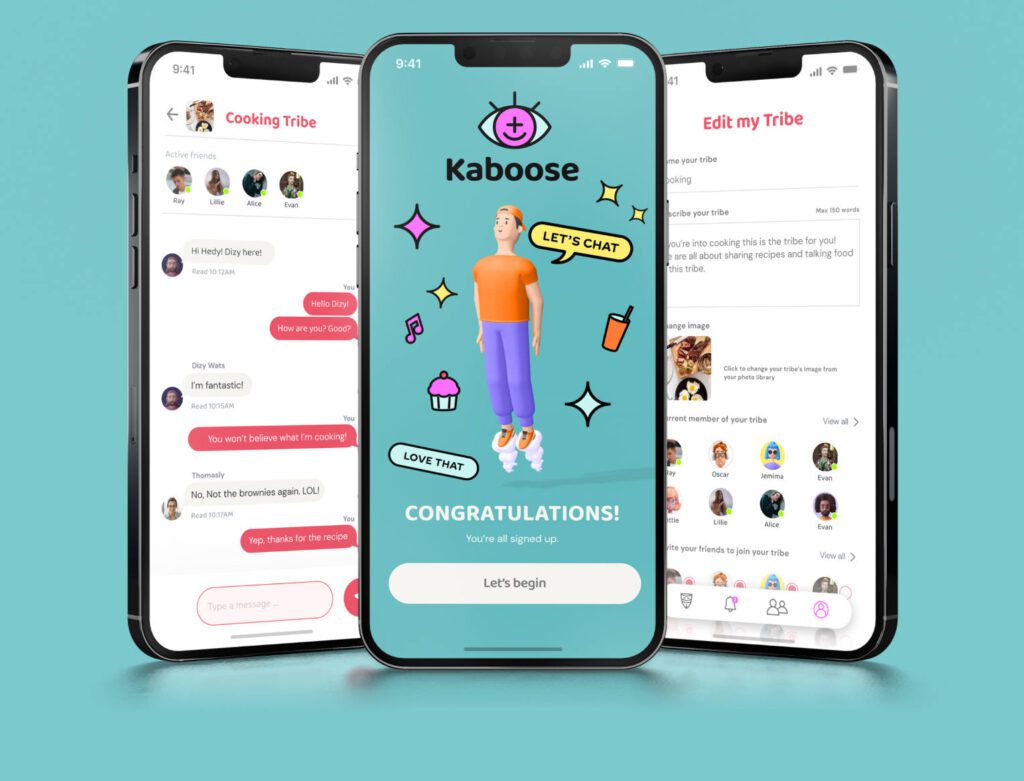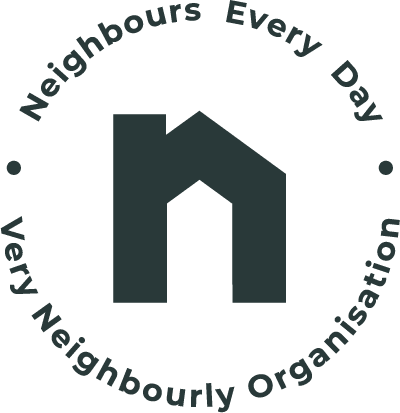When my son was 16, I got a message from him saying “goodbye” as he didn’t want to live anymore. It’s not something any parent should have to hear from their child. Unfortunately, he has been a victim of social isolation and bullying, which has left him feeling extremely lonely. For many years he has had no friends, despite desperately wanting them. He has been unable to make friends in the mainstream settings.
There is a myth that autistic people like being alone, but we know that we all need to feel a sense of belonging and to be accepted for who we are. Not all friendships need to look and feel the same way. Just as neurotypicals have different groups of friends at different times in their lives, so do those who identify as neurodiverse.
We know from the research that loneliness and social isolation has a huge impact on how we feel and our overall mental health. Recent studies show that 1 in 4 young people report feeling lonely with suicide being the number one cause of death in our kids under the age of 17. These rates are significantly higher in the autistic and neurodiverse community.
So finding our tribe is critical and it’s important to remember that friends come in many different forms. The key thing is finding friends who truly get you, or share your passion for your interests. These friendships help our mental health in multiple ways:
Social support: Our friends provide emotional support and a sense of belonging, which can help us reduce feelings of loneliness and isolation. When we have strong social connections, we are more likely to feel supported and less vulnerable to mental health issues such as depression and anxiety.
Stress reduction: Good friends can be a source of stress relief as they provide us with a sense of humour and perspective when we are going through difficult times. Sometimes just hanging out with friends can be a way to unwind and relax, which can have a positive impact on our mental health.
Increased self-esteem: Having a friend or friends can help us feel good about ourselves by providing positive feedback, encouragement, and validation. When we feel valued and accepted by our friends, we are more likely to have higher self-esteem and a positive self-image.
Improved coping skills: Friends can offer advice and guidance when we are facing challenges or difficult situations, particularly when you find the tribe of friends who get you. By learning from our friends’ experiences and perspectives, we may develop new coping skills that can help us manage stress and improve our mental health.
Opportunities for social engagement: Friends provide opportunities for social engagement and meaningful activities, such as sports, hobbies, and community service. These activities can provide a sense of purpose and fulfilment, which can help improve our mental health.
Overall, friendships can be a powerful tool for supporting our mental health and wellbeing. It’s important we invest time and effort into cultivating strong social connections, as these relationships can have a positive impact on many aspects of our lives.
Impact of Loneliness
Just as there are many benefits to finding your tribe, the overall impact of loneliness can have devastating consequences. We know that loneliness is a major risk factor for depression, increased anxiety, stress, substance abuse and can even lead to cognitive decline.
We know from the research that loneliness can have a significant impact on our mental health and wellbeing, so prioritising our social connections and chatting to our friends when we need support helps us reduce that disconnectedness and social isolation.
Finding your tribe – it can be tricky!
Finding friends can be challenging for anyone, and it can be especially difficult if we are autistic or neurodiverse.
There’s not a one-size-fits-all solution to finding friends. Some people prefer in-person groups like support or social clubs, workshops (like art or music), others prefer physical activities. These groups can help us meet like-minded people who share the same interests.
Volunteering can be another way to meet people. The great thing about volunteering is you can also make a positive contribution to your community. If you’re going to try this out, look for volunteer opportunities that align with your interests or skills.
Over the last few years we’ve seen a rise of online communities – whether it’s business-related, gaming or dating. The internet and online communities are another great way to connect with others who share your interests, regardless of geographic location.
Online communities and forums can also provide a way to connect with others who may be struggling with similar challenges. This is why we built Kaboose, an online community for the autistic & neurodiverse community to find friends, mentors and jobs in a safe way.
Whatever setting you find works for you, remember that building authentic friendships takes time and effort, and it’s okay if it doesn’t happen overnight. With time and effort, you can develop meaningful and fulfilling friendships.




